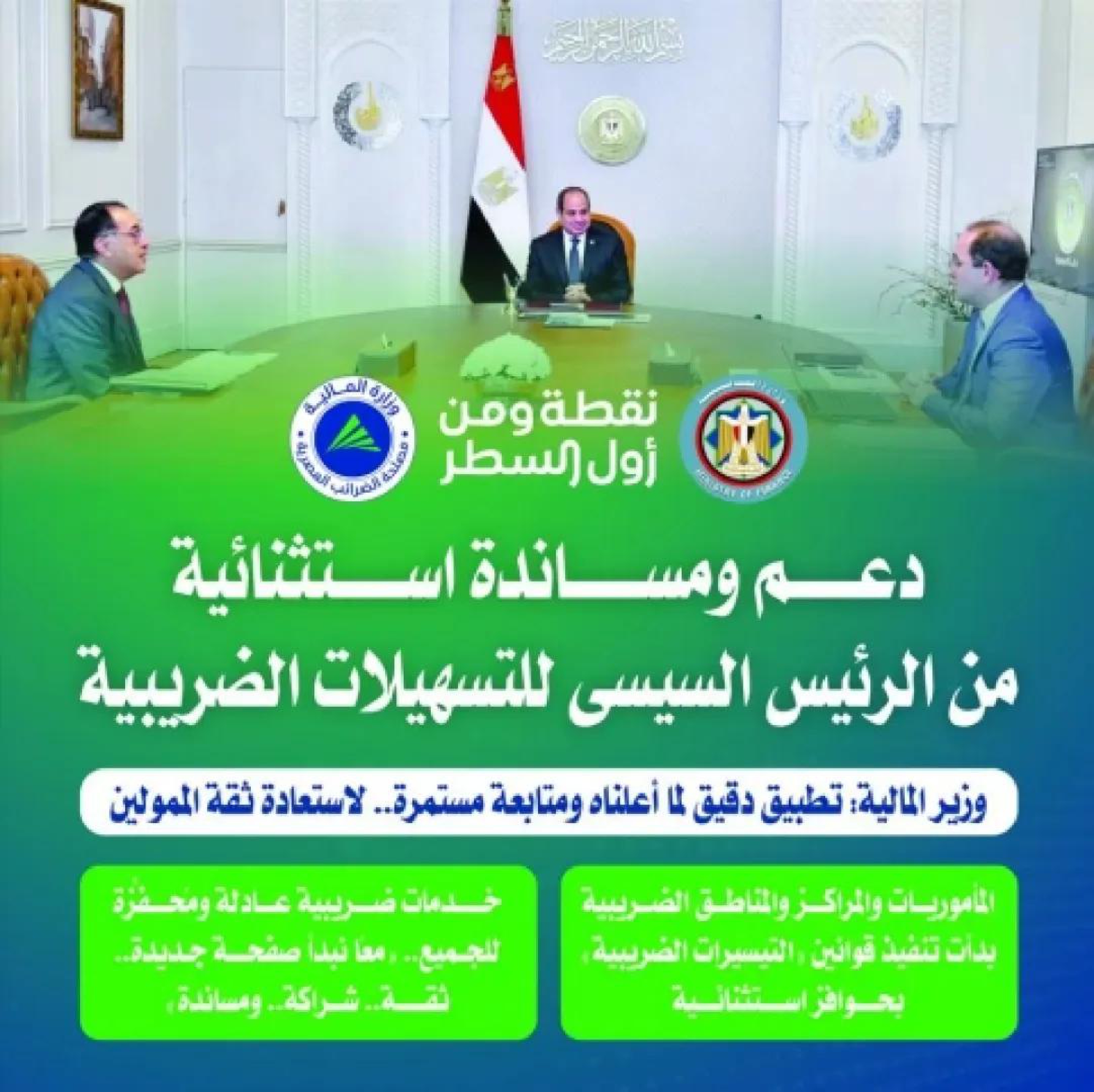CAIRO, June 13 (MENA) - Minister of Foreign Affairs, Emigration, and Egyptian Expatriates Badr Abdelatty warned on Friday that “the illusion of achieving security and stability through the excessive use of force is fundamentally flawed and will not bring security and stability to Israel.”
His remarks came during a joint press conference with German Foreign Minister Johann Wadephul at the Foreign Ministry headquarters in Cairo following high-level talks between the two officials.
In response to a question about the recent Israeli strikes on Iran and efforts to contain the fallout, Abdelatty reiterated Egypt’s firm stance against escalation. “Egypt has condemned the unjustified Israeli aggression on Iran, which only adds fuel to the fire in an already volatile region,” he said.
He stressed Egypt’s rejection of military solutions, reaffirming support for the ongoing US-Iranian negotiation track, in which Egypt is directly engaged through active channels with Washington, Tehran, and Muscat.
Abdelatty noted that Cairo is conducting intense diplomatic engagements to prevent the region from sliding into full-scale war.
The minister also revealed recent communications with the foreign ministers of Jordan and Qatar, and the vice president of Palestine, all aimed at coordinating regional de-escalation efforts. “The region already faces enough challenges. There is no benefit in a cycle of action and reaction,” he warned.
Abdelatty emphasized Egypt's commitment to fostering a stable and attractive investment climate. He highlighted recent legislative reforms that have removed bureaucratic barriers and created comprehensive guarantees for foreign investors, particularly German businesses.
“There is a favorable environment for German companies to expand their footprint in Egypt. We invite more German firms to take advantage of Egypt's strategic position as a gateway to African and Middle Eastern markets,” Abdelatty said.
He also pointed out broad agreement among regional and international partners on upholding the sovereignty of states and preventing nuclear proliferation. Egypt, he stressed, rejects nuclear armament by any country, including both Israel and Iran, and urges full compliance with the Non-Proliferation Treaty (NPT).
Addressing the catastrophic humanitarian situation in Gaza, the minister denounced Israel’s policies of deliberate starvation and medical blockade as “inhumane and beyond the bounds of reason.” He called on countries with close ties to Israel, including Germany, to use their influence to push for an end to such policies.
“The current double standards undermine faith in international law and the UN system,” he said, urging Germany to align more visibly with international humanitarian and legal norms.
For his part, Wadephul acknowledged the escalating military situation and announced changes to his regional visit plans, including skipping Jordan due to developments.
He expressed hope for a ceasefire agreement in Gaza, encouraging Hamas to release hostages and commending Egypt’s efforts in this regard.
Wadephul reiterated Germany’s commitment to the two-state solution as the only path toward sustainable peace. "Germany remains ready to play an active role in building a viable Palestinian state, as it has in the past.”
Abdelatty asserted that regional peace hinges on resolving the Palestinian issue and recognizing a sovereign Palestinian state based on the 1967 borders, with East Jerusalem as its capital.
“No party should have veto power over the rights of the Palestinian people. Without justice for Palestine, there will be no security or stability in the region,” he stressed. Egypt, he added, continues to mobilize international support for recognition of Palestinian statehood and to restore hope amid despair. (MENA)
M S H/R G E
OPEN// Illusion of stability through excessive use of force not to bring security to Israel - FM
مصر/Germany/Politics and Diplomacy
You have unlimited quota for this service





 ar
ar en
en fr
fr






